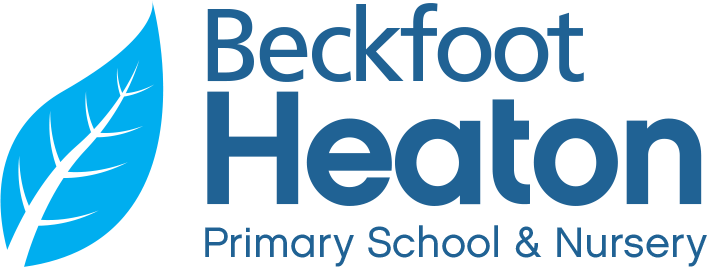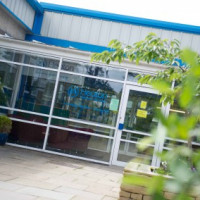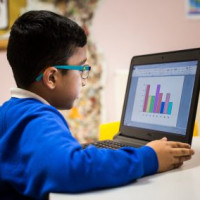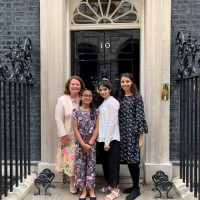Curriculum Guidelines
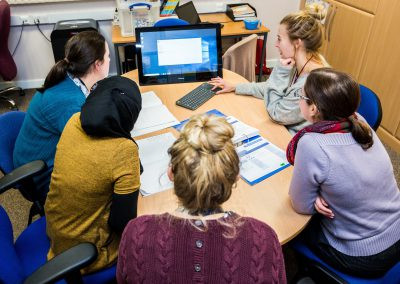 We aim to provide clear and concise guidance to all classroom staff to deliver the best outcomes for our children.
We aim to provide clear and concise guidance to all classroom staff to deliver the best outcomes for our children.
This page shows the guidelines for different areas of the curriculum and classroom management.
From September 2015 all children in key stage 1 and 2 will follow the 2014 National Curriculum. These objectives will be covered by each year group and there will be no use of ‘levels’ in any of our reporting or tracking. This document shows the key principles of “life after levels”, the evidence which will show achievement and the systems in place to ensure that teaching is being effective.
Assertive Mentoring (AM) has been a valuable system in our school improvement. This document defines how a AM folder should be organised, the AM tools that will be used and the agreed frequency of AM events during the year.
Children and staff at Heaton should take pride in the quality of their work and respect the school environment. Work on display should promote learning and communicate to children that we value them and their work. There should be a consistent standard of display across our school, however high quality is not the same as uniformity and we value teachers being creative in the way they display children’s work and communicate concepts visually.
Planning’is’the’thinking’you’do’before’the’lesson’starts.’At’Heaton’we’believe’that’if’you’have’thought’about’things’before’they’ happen’they’will’go’better’when’they’happen.’The’questions’you’plan’are’much’more’precise’and’the’pace’of’the’lesson’is’much’ smoother.’We’provide’time’for’planning’and’we’provide’leaders’to’help’teachers’plan.’
Teachers should write in books and in the environment neatly using the school’s handwriting script, this should be legible and joined where appropriate.
The aim of these calculation guidelines, in line with the new National Curriculum, is not to race to the end but to secure understanding at each stage.
Children need to be able to explain the methods in terms of how and why not just what to do. The written method is the way to record what we do with equipment. Children need to manipulate objects, draw images or use concrete representation before moving to abstract concepts. The imagery will stay in the pupils’ heads, it’s not just something to do during the first stages of learning a method. Each time a new stage is introduced children should compared it to the stage before and identify similarities, rather than just ignore or move on from what has proceeded it.
All children should be active for 80% of each PE lesson making sure activities are accessible for all children in the class. Groups should always consist of a mixture of boys and girls as well as children of varying abilities. Children should be given the opportunity to practice differentiated skills for the various sports highlighted in the Curriculum map and progressively develop these skills each week to achieve realistic outcomes for all children to achieve.
